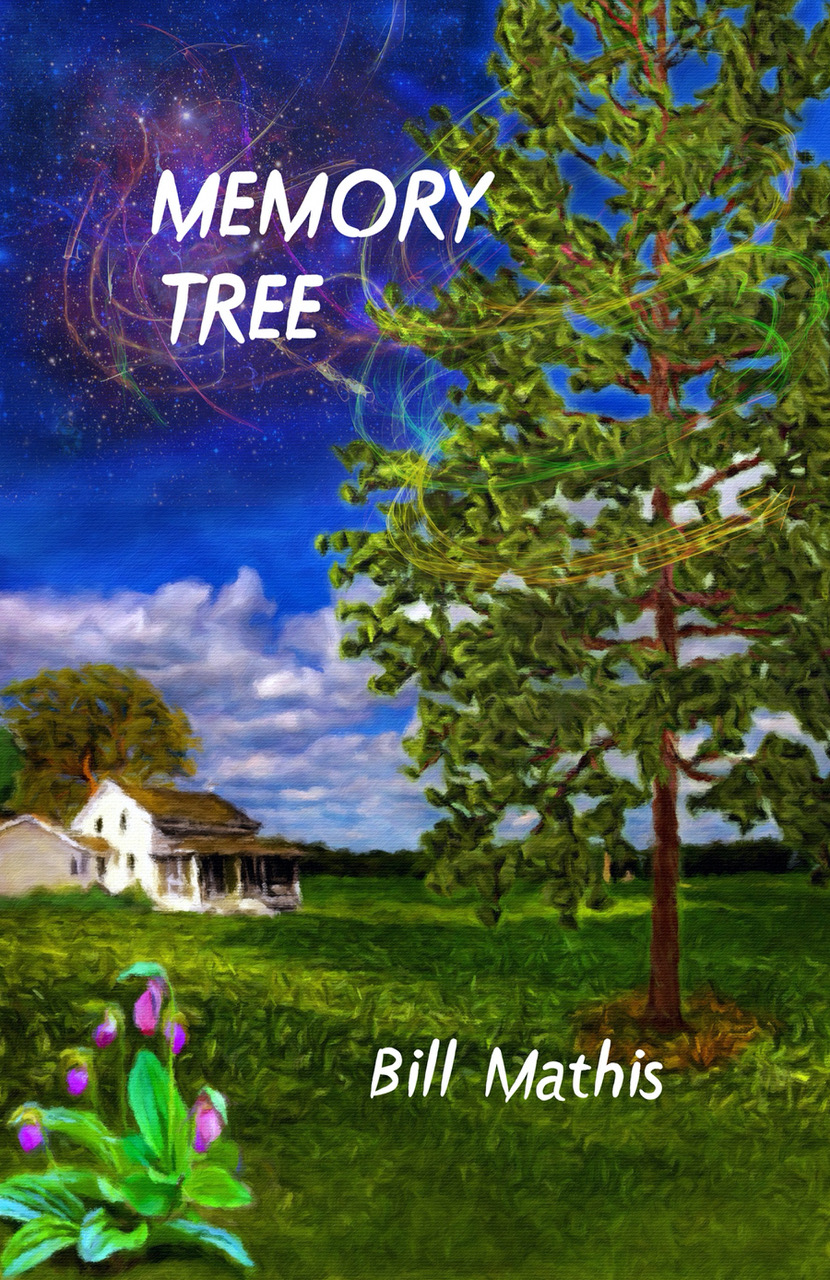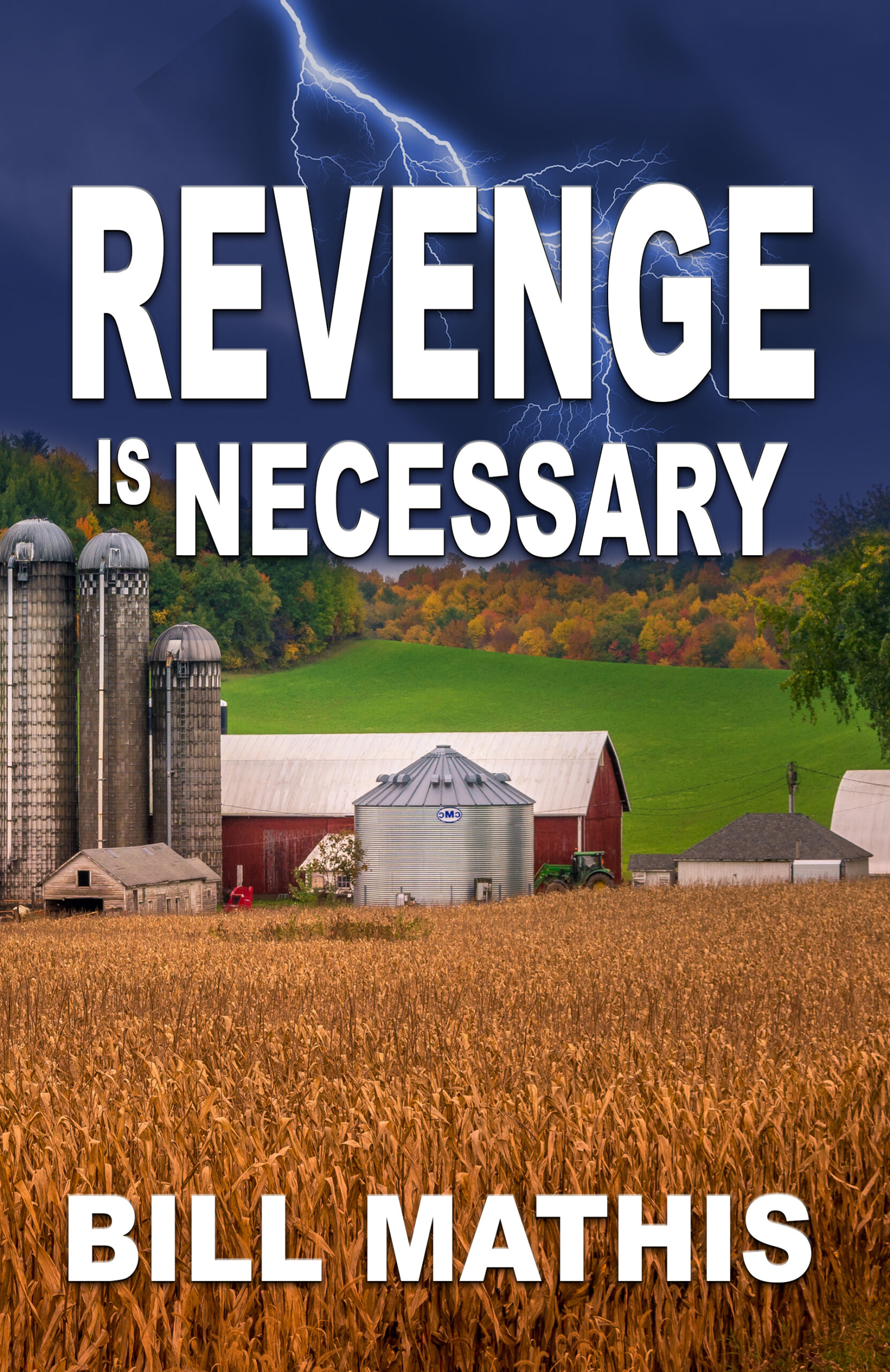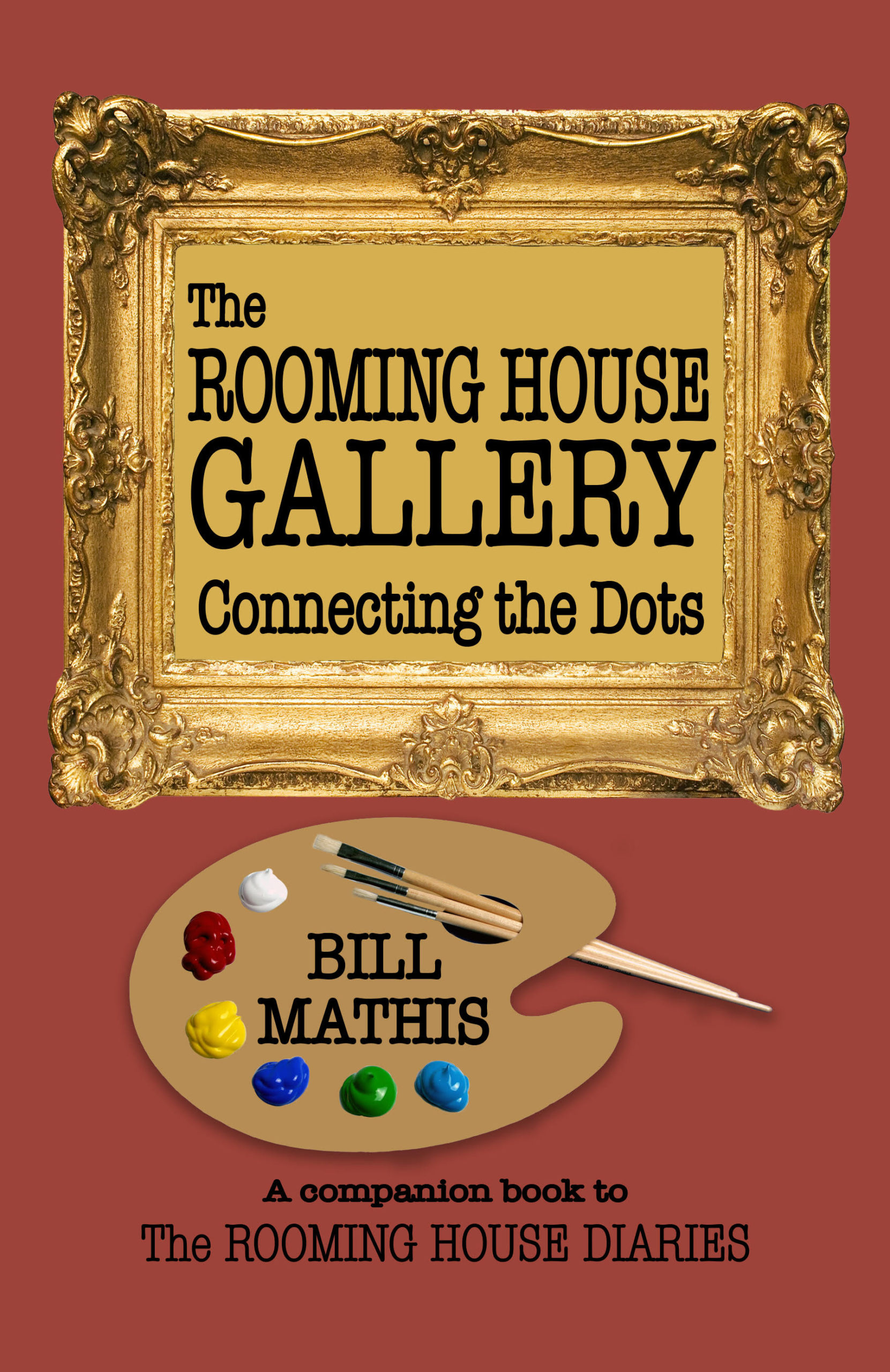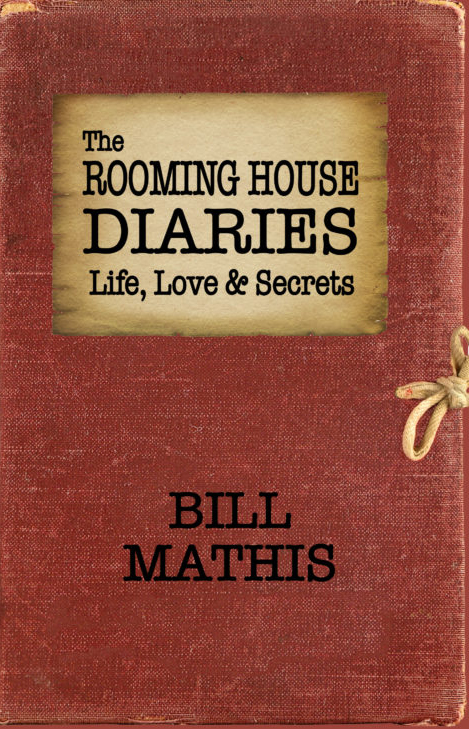From my archives: A Smokey Tale
It was a safe place, a time to be a kid, a boy, for me to carry a jackknife in my pocket. Jackknives were a rite of passage for young boys, prized, sharpened carefully, proudly shown when we got a new one and mourned when lost. Carrying matches, though frowned upon by our stay-at-home mothers, brought even more status to ten to twelve-year old boys. This back in those waning, dull days of President Eisenhower. Before our tiny world blossomed into the bright hues of the Kennedy’s and color TV, when the word war meant World War II, the war of our fathers. When oldest boys burned the family garbage in rusty barrels perched gingerly on cement blocks in weedy alleys. Back when sometimes those boys, conveniently it seems, forgot to return the matchbook to the kitchen junk drawer and left it in their pockets alongside their jackknife.
It was a chilly, dry spring Sunday afternoon in early April. Church and big dinners were over. Our parents probably wanted to nap, but with the size of many of our families, most couldn’t. Clarksville, Michigan was a small town made up of large families. I grew up thinking fertility problems meant mothers with only one or two children. Mom wouldn’t talk about that, or why, or how babies came to be.
Though I was on the cusp of puberty such knowledge was all in my future that day. That Sunday, I received permission to go outside and find whoever else was bored and wandering about, which turned out to be four other eleven and twelve-year-old boys also suffering from Sunday afternoon cabin fever.
Like lemmings, we headed for the crick that angled through the northeast edge of town. (For those of you from Illinois, the East coast or New England, the term crick is synonymous with creek or brook.) The crick bank became a magnet for boys our age. There was lots of brush along the slight trickle of water, which became a raging torrent in times of heavy rain. There were mounds of dirt to jump or shove each other off, piles of junk and treasure to explore, and acres of grassy space to play our version of mumblety-peg, an old game involving a knife and usually boys.
There are several versions of mumblety-peg, some involve seeing how close to your feet, or your opponent’s feet, one can stick the knife. Because of our distaste for blood and fear of sliced digits we always played a stretch version. We would throw the knife a short way, and then if it stuck handle up, the other player had to stretch to reach it. Sort of like the game Twister. (Sort of.)
David, was a tall and gangly eleven-year-old. His parent’s were missionaries to the natives of South American and their family was home for a year of furlough to rest and visit their supporting churches. Johnny, at age twelve the smallest and the best contortionist, already built somewhat of a reputation around town for being a bit of a hellion, which meant he tipped over outhouses (yes, there were still some remaining), soaped windows at Halloween, and sometimes threw green apples at cars driving by on dark fall nights (don’t ask how I know this fact). Larry, eleven, was likewise mischievous and creating a similar reputation, partly because of his mean pet raccoon who kept getting loose and breaking into the neighbor’s root cellar for snacks.
Another time, the raccoon broke its chain, climbed a high tree wrapped the remaining chain around a limb which necessitated the volunteer fire department—my father being a stalwart member—to retrieve the snarling creature. John, just thirteen, was the top student of our school and Sunday afternoon gang, who just happened to have a jackknife and a book of matches in his pocket that day. His large, loud, rambunctious family lived directly across the street from my family. I was the eldest of the preacher’s many offspring and secretly wanted to be as rambunctious.
As we played, the knife kept getting thrown further distances, primarily due to Johnny’s contortions and David’s long legs and arms. The first time we lost it in the long dry grass we found it quickly. The second time took longer.
The third time, John whipped the unreturned book of matches out of his pocket, lit one, and with fascination, we watched him drop it over the area we thought the knife was hiding. We quickly stomped out the small circle of burning grass and lo and behold, there in the middle gleamed the knife! We were enthralled. Several minutes later, the knife conveniently couldn’t be found again. This time we let the circle burn a little larger before energetically footing it out. This was fun, until the third or fourth time when a wind gust struck the flame just as the match hit the grass. Our scuffed shoes could not stomp fast enough to contain the spreading grass fire.
Panic set in. David took off like a scared gazelle. His established reputation for being a good missionary kid drove those long legs. Johnny and Larry skedaddled shortly afterward, not wishing to add to their own growing reputations. This left John and me, the first born sons, the responsible ones.
Fear spread across our faces as we tore off our jackets, fought our way through the brush, and dipped them into the smelly, farm-fed crick, then back up the bank to beat at the expanding grass fire. Over and over. And over. It was hot and tiring, but the fire kept spreading. I thought this must be what hell is like, you just keep going and going with no end in sight of the heat and flames. Our eyebrows singed, cinders burned holes in our jackets, our shoes grew hot, our arms were scratched, still, we persevered.
Then came the sound of fire sirens. It seems Larry and Johnny, without implicating themselves, somehow notified the fire department. Salvation arrived in two clanging trucks with men in fire jackets and boots carrying snuffers, which were flexible rubber flaps attached to long wooden handles. They quickly headed toward the fire’s perimeter, slapping and extinguishing the fiery grasses as we watched in appreciation. Slowly we walked up to ‘Uncle Mike,’ the captain of the all-volunteer fire department and sheepishly told him we did it, saying how sorry we felt. He chuckled when we told him how it started as most of the other men smirked. However, I couldn’t tell if my dad was smirking or not, which worried me.
Maybe the men smirked because it was John and me, two of the supposedly good kids in town. Maybe they wouldn’t have seemed so casual if it was Johnny and Larry approaching them. Or maybe the men smirked because they thought about what fate might be awaiting us at our homes.
This was the fourth grass fire that day, a new town record. And also the day of the big missionary conference at my dad’s church. For the fourth time that Sunday, my dad left a houseful of guests to help put out grass fires. We had reason to be worried.
Our smelly jackets slung over our shoulders and reeking of smoke, we slowly trudged down Main Street to our mothers standing by the street, hands on their hips, anxiously waiting. Word spreads fast in a tiny town.
“John H, did you set that fire?” John’s mother screeched while we were nearly a block away.
“Yes, Mom, it was me,” John quietly replied as we got close.
“What did you do, take those matches with you? You know better than to do that!” she hollered.
“Yes Mom, I know,” his head hanging.
“Were you involved in this too?” Asked my mom, her green eyes boring into me. I thought it was kind of obvious, but answered quietly in the affirmative.
The two moms-of-many (thirteen between them) looked at each other, shrugged their shoulders as if to say, ‘what are you going to do, they’re boys’, cracked tight smiles and told us we stunk, sending us off to go clean up. I don’t recall either of us hearing much from our fathers, but neither of us carried matches for a long time.
By morning school time, we were the talk of the town, all of it being good natured ribbing.
John’s knife was found, somewhat scorched. Our eyebrows grew back. None of us ended up in jail, then or later. John became a successful corporation attorney, David farmed and adopted a bunch of children, Johnny became a skilled factory worker and married a preacher’s daughter, which may or may not have redeemed his soul. I spent forty years in social service and child welfare work and Larry, ironically, became a county sheriff. Nearly sixty years later, only John and I are remembered for ‘burning the crick bank down’ as the story occasionally still echoes through our large extended families.







Good memory Bill and well-embellished.
Currently in Algonac.
Thank you! You know age lends enchantment!